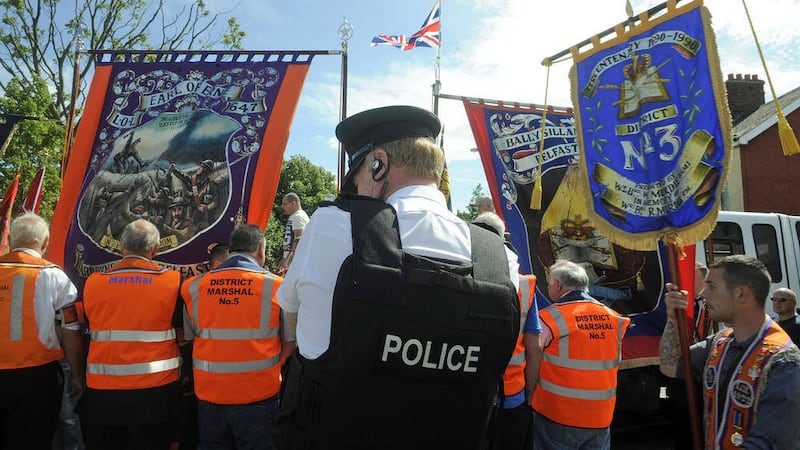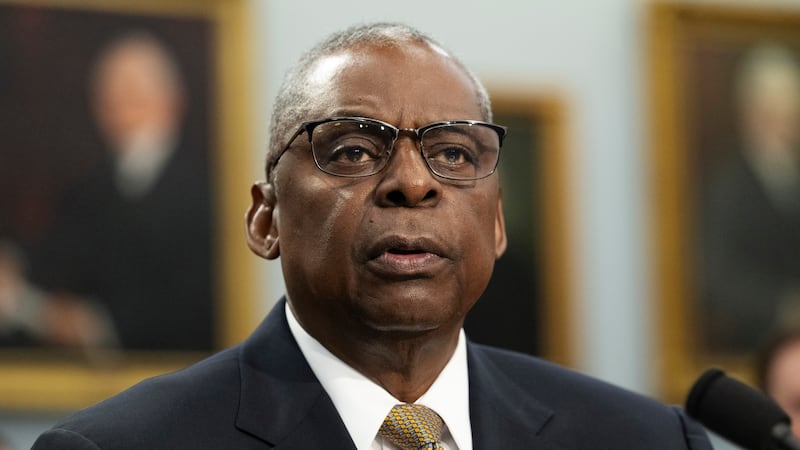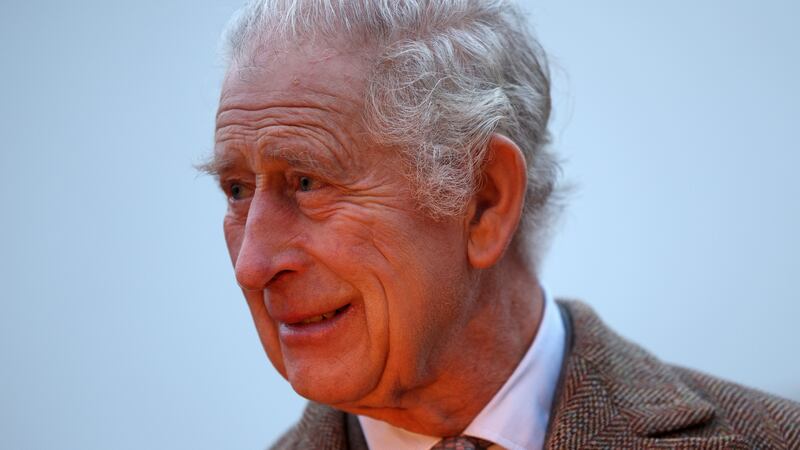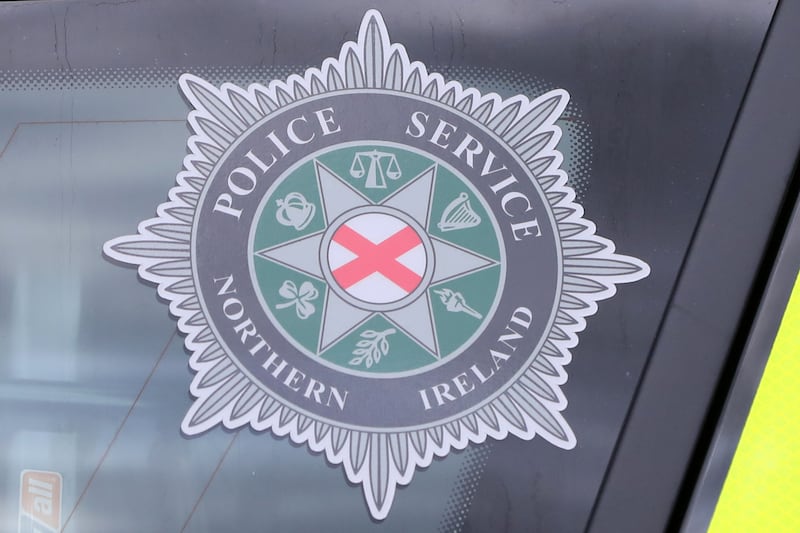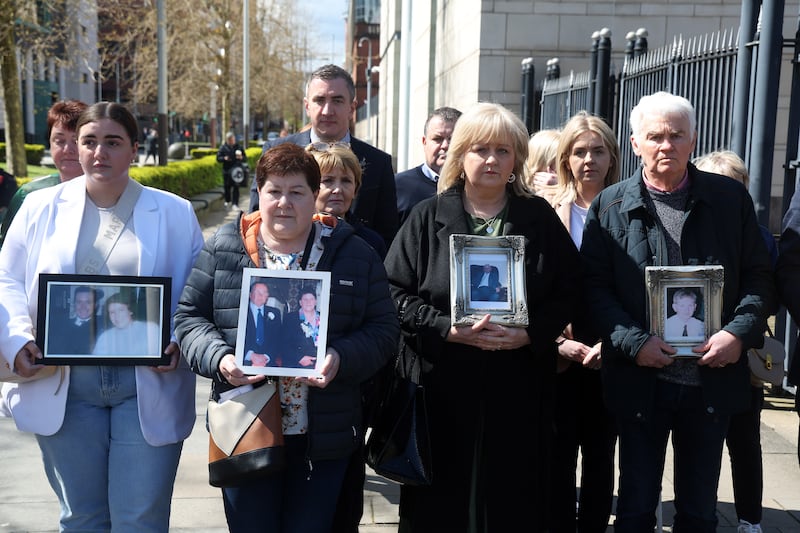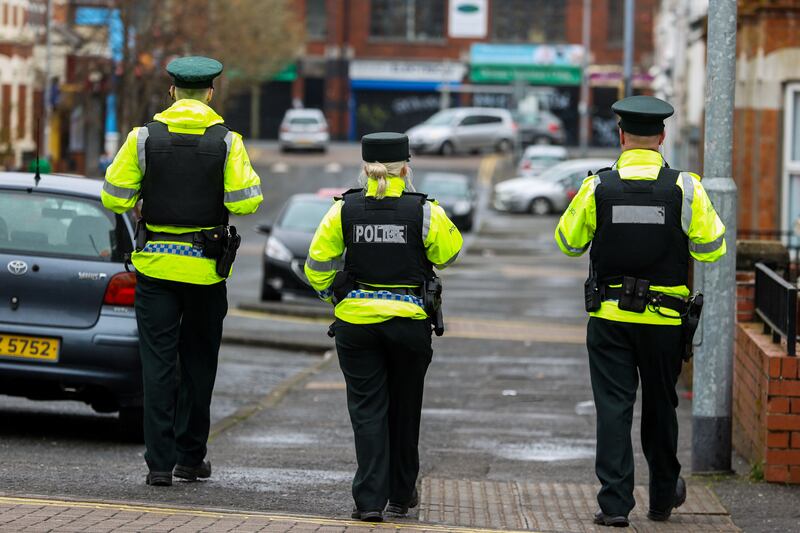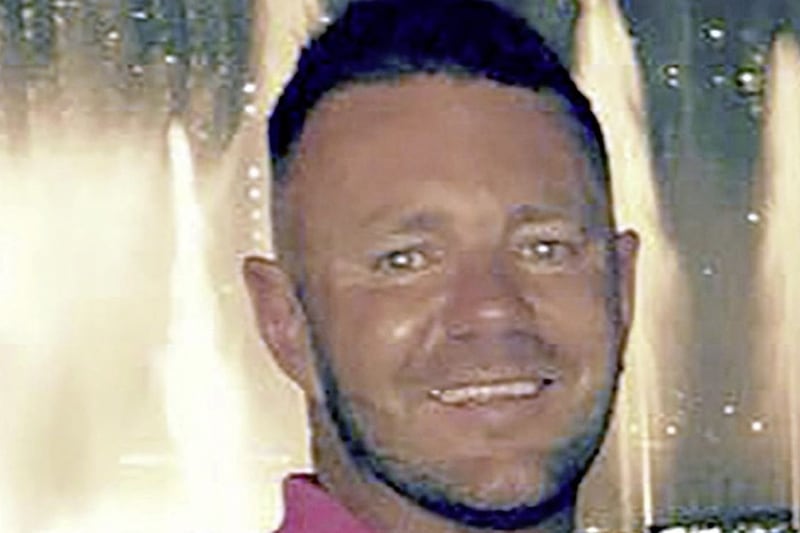THE PSNI is to charge for policing services at sport and charity events – but parades will not face any costs.
Police have published a new policy detailing how they will charge private events for operations deemed over and above core policing services.
Sporting events including GAA matches, music concerts, community fairs and charity fundraisers are among the events facing charges under the guidelines.
However, Orange Order marches and other parades will not have to foot the bill for any policing costs.
SDLP deputy leader and Policing Board member Dolores Kelly last night branded it a "pathetic policy" that has handed a "blank cheque to parade organisers".
"Policing at a time of austerity is obviously causing strain on PSNI resources and it's important that they identify ways of generating revenue through charging commercial outlets for services," the Upper Bann MLA said.
"This document, however, reveals a pathetic policy on recovering revenue that targets charities and small sporting clubs but gives a blank cheque to parade organisers.
"Where is the parity of treatment when rural sports clubs are to be charged for policing services like traffic management but even non-contentious parades are given the green light to engage policing services free of charge? Then we have the tab for contentious parades costing tens of thousands of pounds which taxpayers are expected to pick up with no recourse to organisers.
"I will be contacting the Chief Constable to make clear that this hierarchical policy is unacceptable and that it should be urgently reviewed."
The Charging for Police Services policy categorises parades alongside legal protests and constitutional events as "statutory events reflecting constitutional rights or processes".
"The policing of such events will be regarded as part of core policing and no charge will be made for any such event," it reads.
The policy describes chargeable policing services as those "over and above core policing".
Costs can apply to an event venue or when officers provide a "service on public roads to ease the flow of traffic, due to a potential obstruction caused by an unusual use of the highway".
Charges are based on police services requested and agreed with event organisers, according to the guidelines.
But in the absence of this, police can address a lack of payment through events licensing, such as through objecting to licences being granted.
Sinn Féin North Belfast MLA and Policing Board member Gerry Kelly said Sinn Féin is "prepared to look at all suggestions" over charging.
The Orange Order dismissed concerns over parades being omitted from charges, claiming it would violate human rights.
A spokesman said: "Charging for organising or participating in parades and other public assemblies is, in our view, unfair and inappropriate in a democratic society."
The PSNI has previously followed guidelines from the Association of Chief Police Officers on service charges.
However, only a relatively small number of private and commercial events have been billed for policing costs.
Police only charged for 12 private events during 2013/14 including a £10,000 bill for its services at the annual Belfast concert Tennent's Vital.
Police service charges are considered more commonplace in Britain and in the Republic.
The PSNI has written to councils and sports organisations about its new policy, and will hold briefing sessions for event organisers in the coming months.
Superintendent Nigel Goddard said the policy "does not set out to make profit for policing" but instead to recover costs from additional services.
"The publication of the policy will ensure greater consistency of application across the service, while providing clarity and transparency for the public, particularly event organisers," he said.
"We would like to assure all event organisers that there is no change in the policy and procedures applied for providing special policing services, merely that we have now developed and tailored a document which clearly states the methodologies and charges which can be applied in Northern Ireland.
"We are working alongside the Northern Ireland Policing Board, who will be reviewing the implementation of the policy after the first full year of operation."
